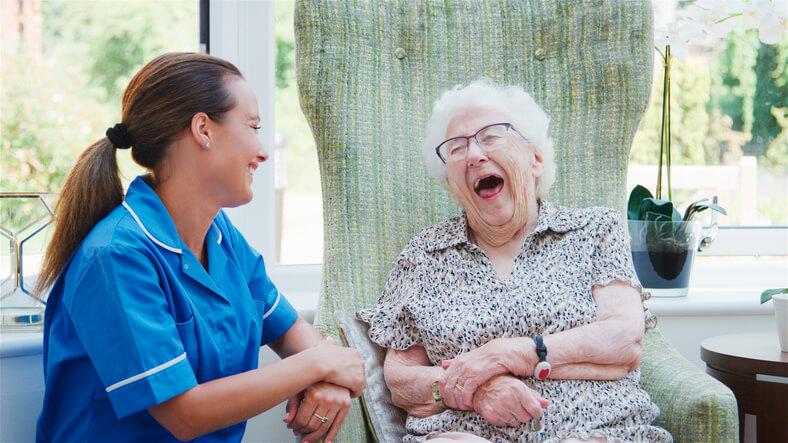Loneliness among elderly individuals is a full-blown public health concern. Social isolation can lead to depression, cognitive decline, and even increased mortality rates in seniors. As the population ages, elderly loneliness solutions are becoming more urgent.
Enter the personal support worker (PSW). These compassionate professionals are not only essential to daily caregiving but also serve as an emotional lifeline for many older adults. If you’re considering a healthcare career, becoming a PSW offers a unique opportunity to make a profound difference in people’s lives, especially for the aging population.
The Growing Crisis of Senior Loneliness
According to research, up to 30% of seniors in Canada report feeling lonely on a regular basis. Whether due to the loss of a spouse, distance from family, limited mobility, or lack of community engagement, the consequences of this isolation are severe. Loneliness can impact not just emotional health but also physical well-being, contributing to conditions such as high blood pressure, heart disease, and weakened immune systems.
That’s why developing elderly loneliness solutions as a PSW is essential to public and client health.

Elderly loneliness solutions are essential to patient health.
How PSWs Provide Vital Emotional Support
One of the key personal care worker responsibilities is offering companionship. This includes talking with clients, playing games, assisting with outings, and encouraging participation in hobbies or light exercise. Sometimes, the simple act of showing up and listening is the most powerful medicine.
Many seniors see their PSW more often than they see their own family members. That makes the PSW’s role crucial not only for physical care but for maintaining emotional health as well.
At AAPS, we train future PSWs to provide both types of support, ensuring graduates are prepared to deliver care that goes beyond clinical tasks.

One of the key personal care worker responsibilities is offering companionship.
Building Trust and Relationships
For elderly clients, trust is everything. Many have experienced significant loss or may be coping with chronic conditions. PSWs who are empathetic, patient, and skilled at communication help seniors feel safe, respected, and valued.
This trust enables PSWs to spot signs of declining mental health or social withdrawal early. By building meaningful relationships, PSWs can work with families and healthcare professionals to intervene and provide timely elderly loneliness solutions before it leads to more serious outcomes.
Addressing Loneliness Through Daily Care
Of course, PSWs also provide vital services like hygiene assistance, meal preparation, mobility support, and medication reminders. But these tasks become even more powerful when combined with presence and conversation.
As part of their personal care worker responsibilities, PSWs learn how to balance these duties while staying emotionally attuned to each client’s mood and needs. At AAPS, our curriculum emphasizes this holistic approach, preparing students not just to work, but to connect.

Earning your Personal Support Worker Certificate equips you to succeed in this role.
Empowering PSWs to Make a Difference
Earning your Personal Support Worker Certificate from AAPS equips you with the tools to succeed in both long-term care settings and home-based roles. The program blends theoretical knowledge with hands-on experience so that you graduate with confidence and compassion.
Our instructors emphasize the importance of emotional intelligence, cultural sensitivity, and responsive care strategies because every interaction with an elderly client is an opportunity to alleviate loneliness.
The Career Path That Changes Lives
There’s no question that PSWs are essential to the future of healthcare in Canada. But they are also essential to the personal well-being of thousands of seniors.
If you’re looking for a fulfilling healthcare career, consider how your presence could become someone’s lifeline. At AAPS, we can help you turn that calling into a career.
Are you interested in a Personal Support Worker Certificate?
Contact AAPS for more information.




